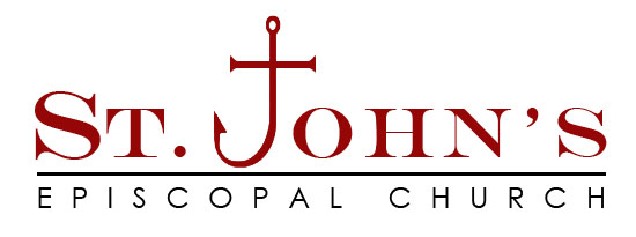Fake News?
In a world of “alternative facts,” “fake news,” and more, it gets even more difficult than ever to know what’s real. It seems that the more we are flooded with information, that more difficult it becomes to know who or what to trust.
Added to that is our human inclination to continue believing what we already believe. In psychological terms this is called “confirmation bias” (the bias to accept only information that confirms what we already believe) and is very well proven. (Click here for a fairly thorough discussion of this.)
This is not a new feature of the information age — we’ve struggled for ages to find trustworthy sources. When Nicodemus talked with Jesus about being “born again,” he could not get his head around the new information that we are actually spiritual beings born of God as much as we are physical beings born of the flesh. Could this Jesus be trusted to so radically alter my understandings? (Click here to read the passage from John 3)
One of the struggles of Lent is that as we examine ourselves it remains even within us difficult to know what is true and what is not. What comes of a little wishful thinking, believing ourselves better than we are. Or what comes of those struggles and doubts that lead us to believe we are less than we truly are?
While we need to continue to engage the struggle, the answers will be found most dependably when we look not to the mountains of information this world floods us with, but to God and to trust what we find in the Scripture about our real selves. Then we can begin to see ourselves as God made us and loves us!
This column appeared in the March 5, 2023 edition of St. John’s eNews. Click here for the complete issue.
If you are reading this at a different time, you may click here for the current eNews.
